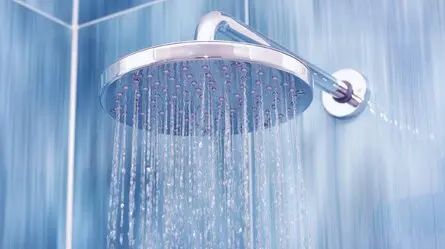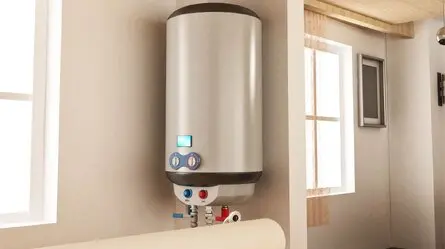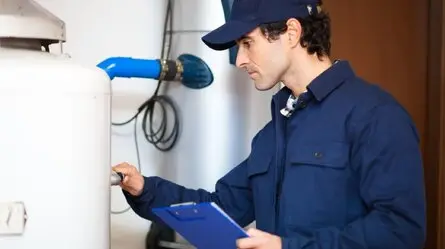Water heaters are essential to our health and daily life.
Going without a hot water heater in winter can be quite challenging. We rely on hot water for showers, doing laundry, and kitchen chores. A hot shower is especially relaxing and comforting after a hectic day.
It is difficult to function without hot water systems in places where it is cold all year round, especially for small children and the elderly. Without one, you would have to heat water manually, wasting energy, time, and effort.
However, with many options, choosing the right hot water system can take time and effort. Even if you have an existing water heater, it’s always worth looking into cheaper, more energy-efficient alternatives.
Choosing a hot water system should be based on several factors, including size, energy efficiency, and cost. You first need to determine the size of your hot water system on the number of people in your household. You must also consider energy efficiency ratings to save on utility costs and compare prices and features to choose one that fits your budget and needs.
Want a more in-depth explanation? Let’s jump in!
How To Choose The Right Size Hot Water Heater
It would be best to look at many aspects of purchasing a new hot water system. This mainly includes the type of heater that fits your needs, how much hot water is required daily, your water flow requirements, and running costs. Broadly, it would be best if you focused on the following:
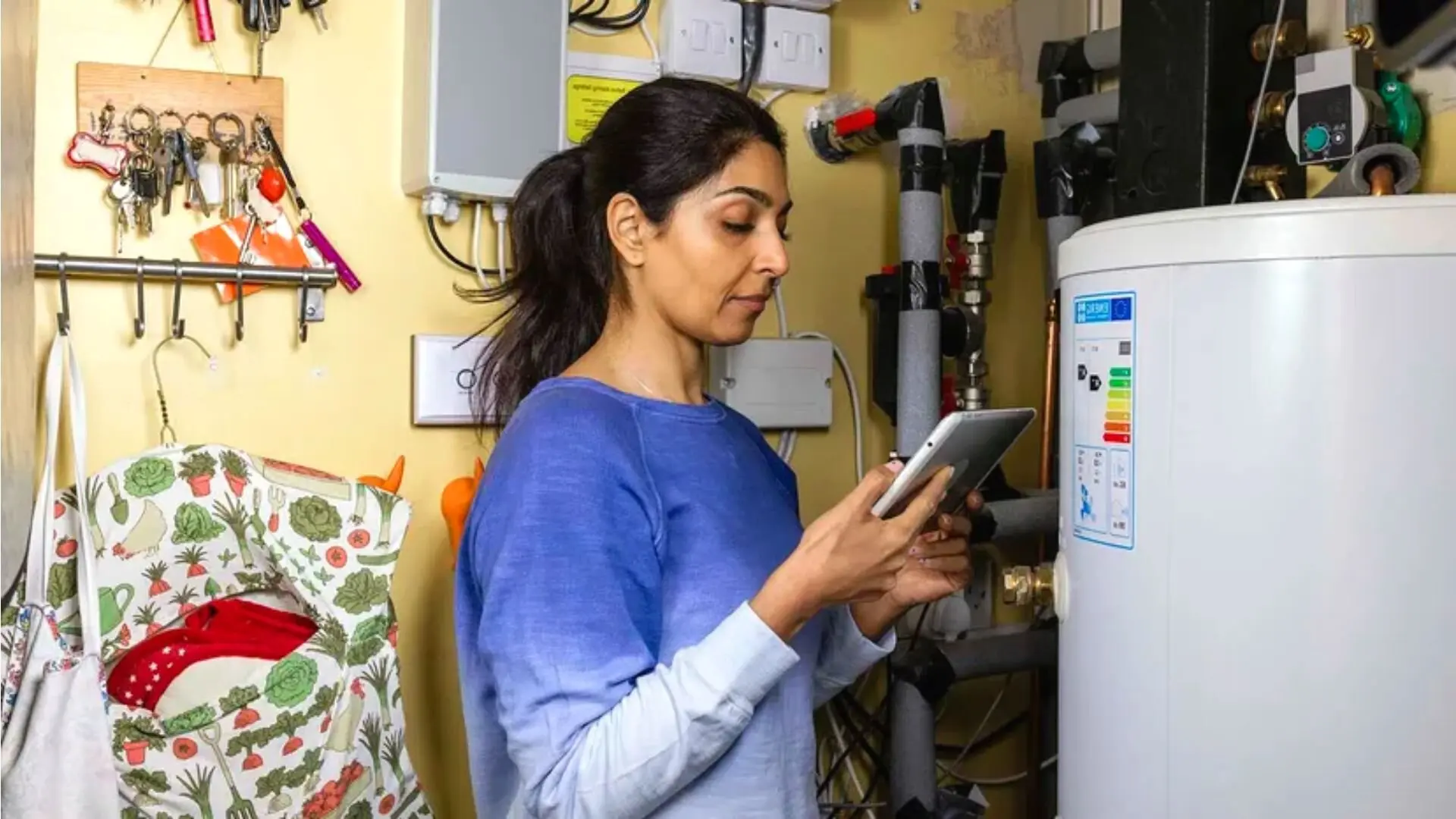
1. Identify Your Usage Needs
Before choosing the water heater you should install, you must determine your home’s hot water requirement. For example, a ten-minute shower requires approximately 45 L of hot water. Thus, you can roughly estimate the volume of hot water needed for your family size.
To arrive at a reasonable estimate, you should also account for water usage of any appliances that require hot water, such as your washing machine.
2. Time Required For The Water To Heat Up
The heating time depends on the hardness of the water and the kind of heater you have. For example, heat pumps and solar heaters provide slower heating than electric models.
Thus, electric heaters are a great choice if you require instantaneous heating, as in a restaurant. However, relatively slower heating is acceptable for home usage, allowing homeowners to choose cheaper water heating solutions.
Different Types Of Hot Water Heaters
Water heaters are mainly classified as electric, solar, gas, and heat pumps based on the energy source and heating method. While selecting a hot water system, you must first decide what type is most suitable for you. We will now take you through each type.
1. Electric Water Heater
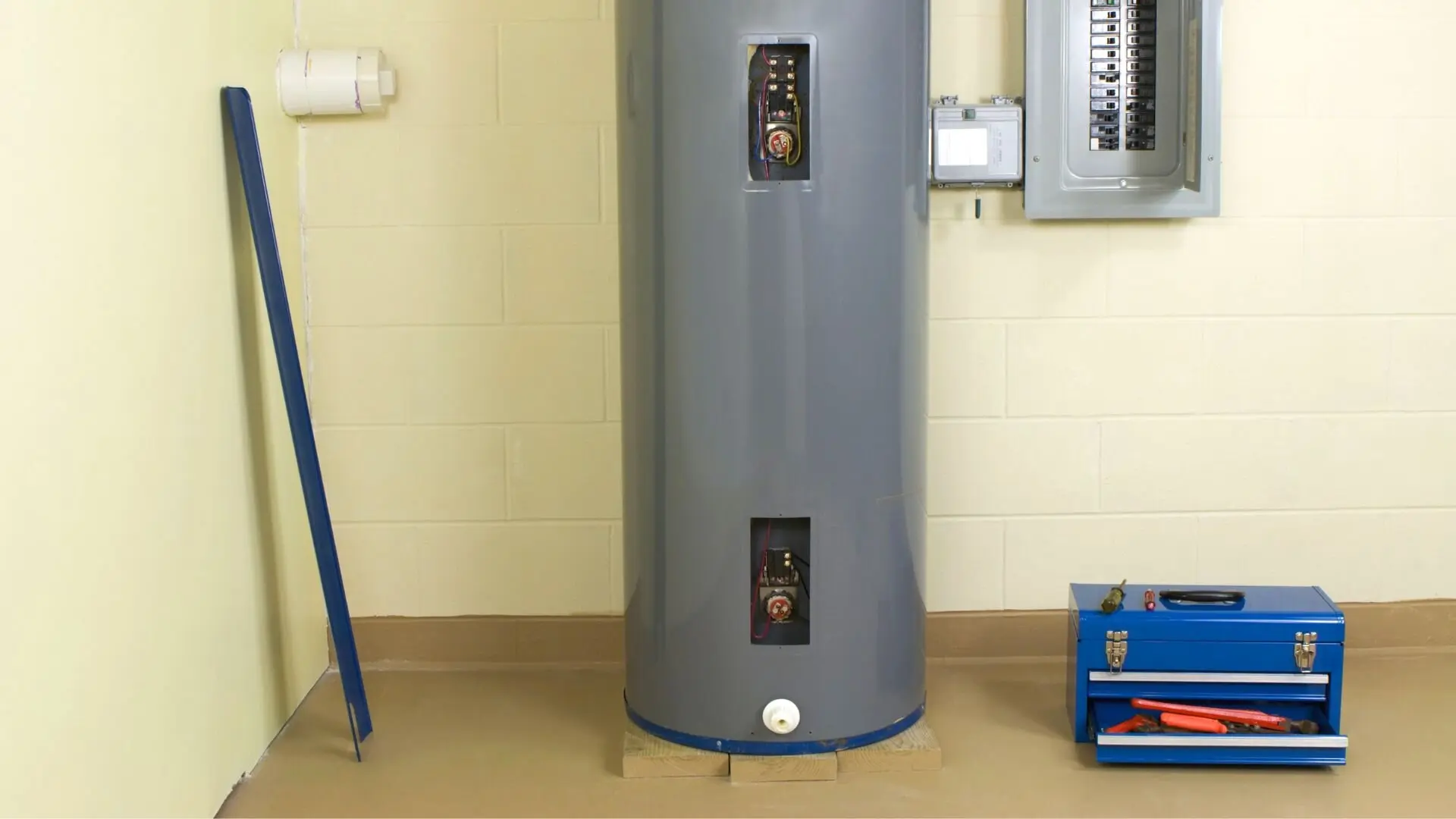
Electric water heaters are the least expensive to buy but have the most expensive running costs.
The heating element typically sits at the bottom, with the hot water stored above in an insulated tank. Installation is fairly quick, usually taking just a couple of hours. You can set these systems up either indoors or outdoors.
An option is to reduce electricity costs by running electric systems on off-peak electricity. This, however, would necessitate the installation of a larger storage tank to hold the hot water for a more extended period. Additionally, not all households have access to off-peak electricity.
Typically, a 130-160 litre tank is needed for a four-person household and around 250-300 litres for an off-peak system. Electric hot water systems are excessive, and if you have an existing one, then it might be the right time to switch to a low-cost, energy-efficient alternative.
2. Solar Hot Water Systems
Solar water heaters are more expensive to purchase and install but have the lowest operating costs. A typical solar hot water system includes a storage unit and solar panels.
A four-person household requires about four square metres of storage space for solar panels and a 300-350 litres storage water tank.
The installation time is higher and must be done by experts only. Before installation, the house is thoroughly inspected. In areas with less sunlight, the storage tank usually has a booster element to store the hot water for longer.
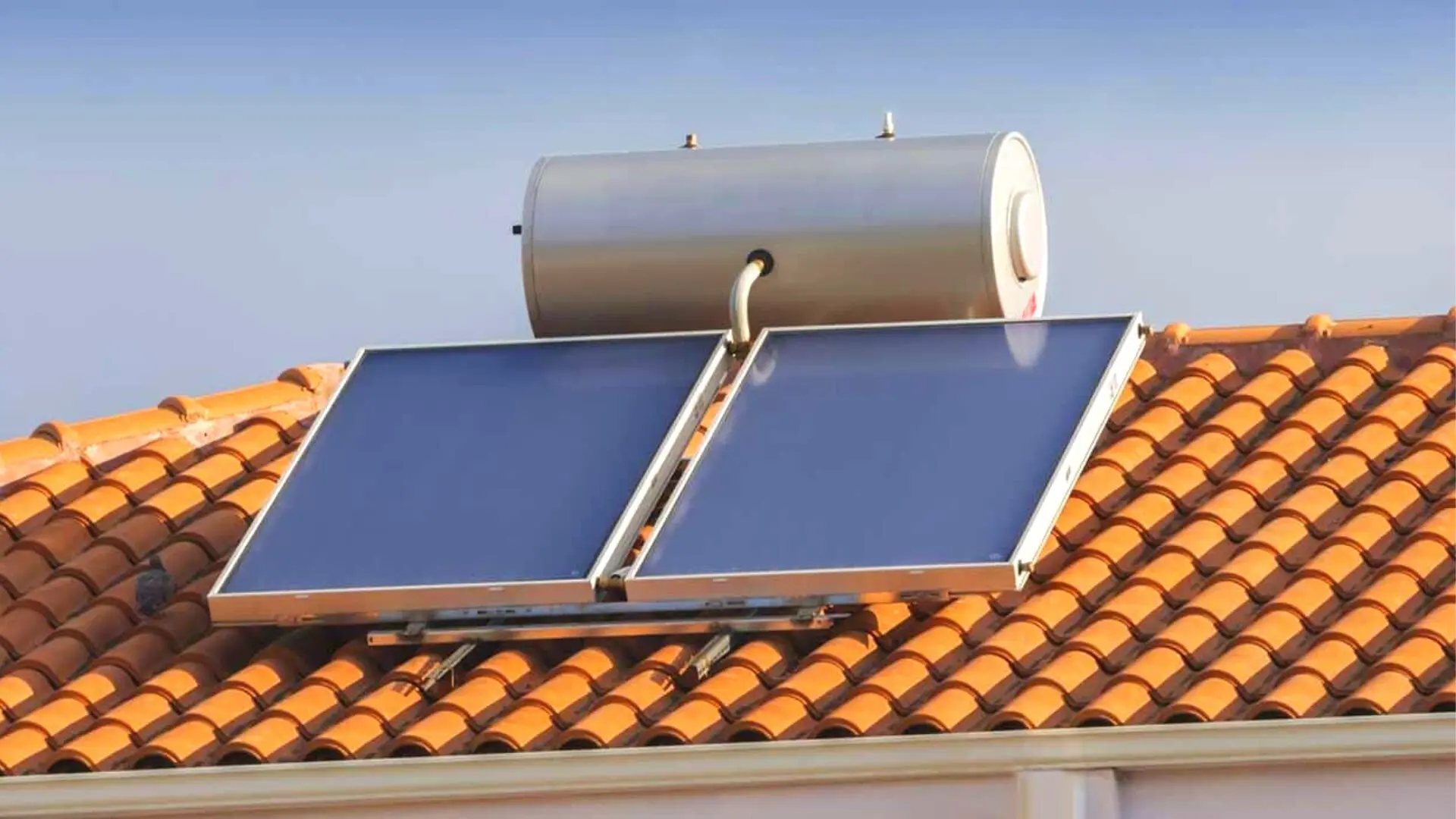
3. Natural Gas Water Heater
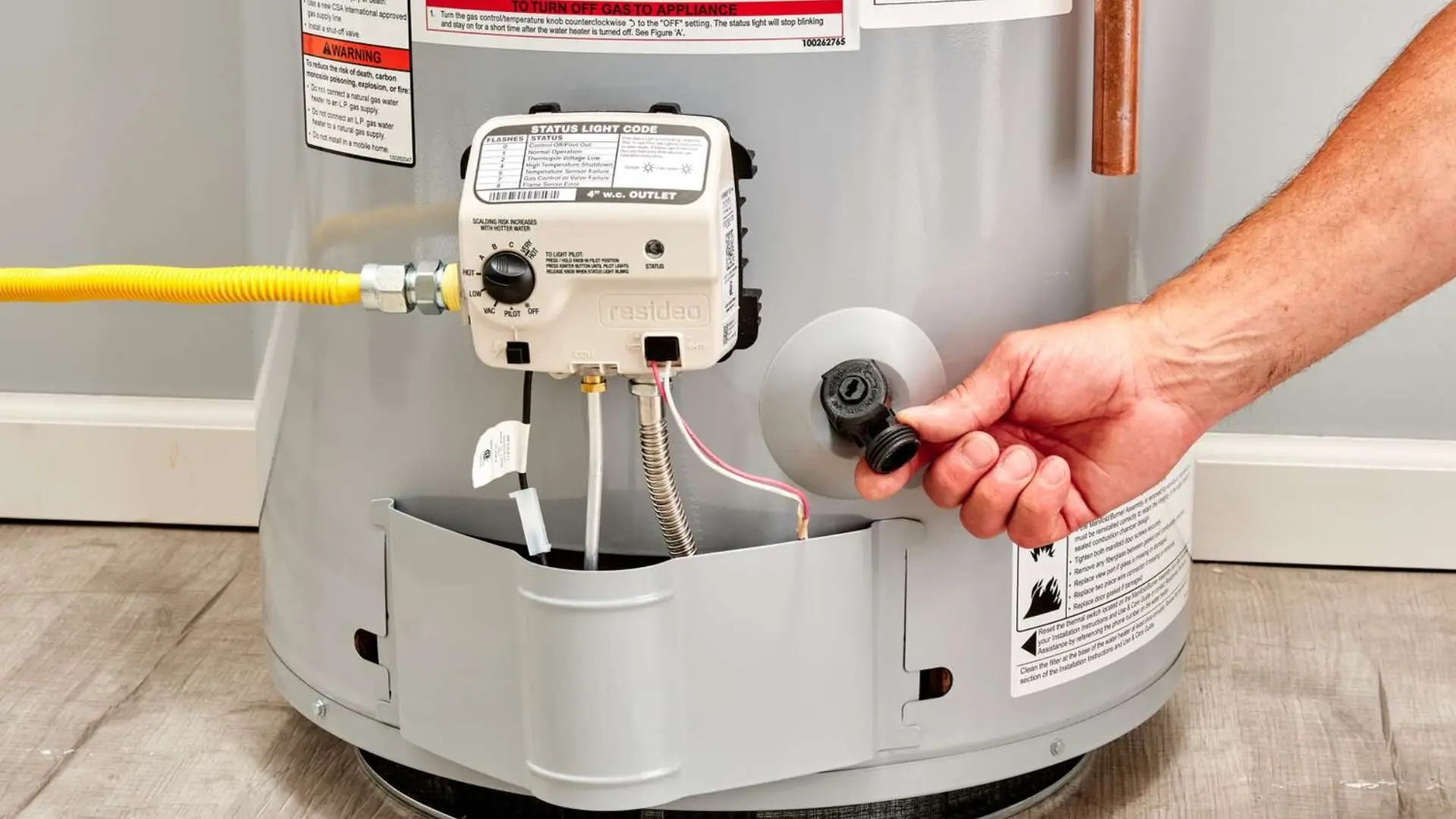
Gas hot water systems use the heat generated by the combustion of natural gas to heat water. These systems are less energy efficient than solar hot water systems. Still, they are a good option if you have a natural gas connection because they are much cheaper than electricity.
Installation takes about an hour and is usually done outside due to the need for venting. Switching from an electric hot water system to a gas system can be costly because it may necessitate the installation of a gas line and exhaust heat venting. A four-person household typically requires a storage tank of 140-170 litres.
Gas hot water systems might become less appealing as gas prices continue to climb. Moreover, government initiatives aimed at cutting carbon emissions could affect their popularity.
4. Heat Pump
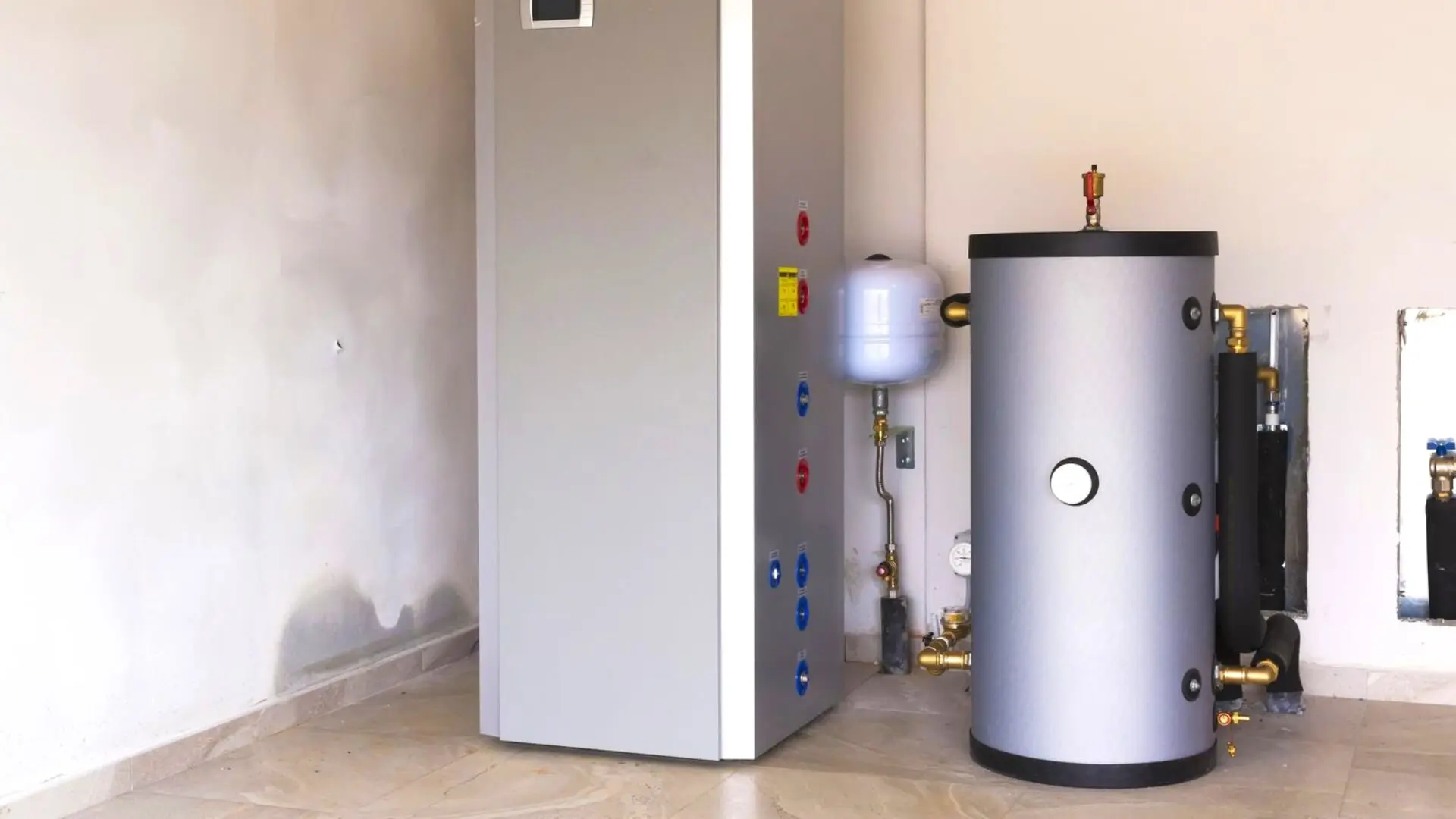
A heat pump is more efficient than an electric storage water heater and works by transferring heat from one place to another and using it for heating water. It typically draws heat from the ground in the winter and indoor air in the summer for heating and cooling.
A heat pump hot water system can also be purchased as a stand-alone unit with a built-in storage tank or used with an existing storage water heater. A four-person household typically requires a 250-300 litre storage tank.
They perform best in warm and temperate locations all year, as they will cool if kept in a cold space.
Continuous Flow Or Storage Tank: The Better Bet?
The next choice involves deciding on water flow needs and available space. A continuous-flow water heating system is convenient but can be costly, while a storage tank heater tends to need ample space.
Continuous Flow System
In a continuous-flow hot water system, you heat only as much water as is needed and only when required. Continuous-flow systems are mainly based on natural gas and electricity.
These systems are generally designed for use with a single shower. The size you choose depends on the number of hot water outlets and household size. Continuous-flow heaters are ideal for smaller homes that don’t need a lot of hot water.
Storage Tank System
Storage systems are advantageous for large households with high hot water requirements. Most hot water systems use storage tanks typically made of mild steel or stainless steel.
Stainless steel tanks are more expensive but last longer and require less maintenance than mild steel tanks. Most storage tanks are insulated to prevent heat loss. To determine which tank size to purchase, consider the number of people in your household and the average time spent showering or washing.
Usually, a person uses about 50 L of hot water a day. You’ll need more water if you take a long hot shower or wash your clothes frequently in hot or warm water.
Get the Best Hot Water System for Your Needs
Not all water heaters can be installed using DIY skills. In such cases, we suggest that you seek help from expert plumbers. Have a professional service your hot water system regularly to ensure it stays in good shape.
To have your water heater installed by licensed, experienced professionals, book an appointment with Woolf Plumbing & Gas today. With a 25-year workmanship warranty, no advance payments, and zero hidden costs, you get precisely what you are paying for!


